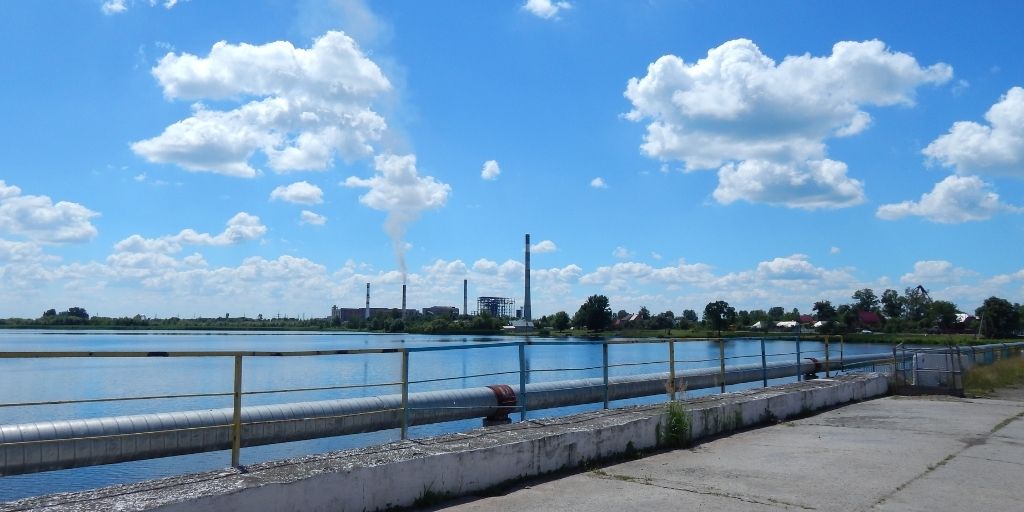Heating in the Western Balkans. Overview and recommendations for clean solutions

Study | 27 May 2021
This report makes the case for the urgent need to decarbonise heating in the Western Balkans. Heating in the region is still predominantly reliant on fossil fuels and other unsustainable heating sources, like wood biomass burnt in inefficient stoves. There is also a lack of meaningful energy efficiency measures to reduce heat consumption in the buildings or to modernise the district heating networks. This situation contributes to air pollution, affects human health and the economy, and deprives people of quality and clean heating.
It is important that countries in the Western Balkans do not fall in the trap of adopting ‘transitional’ fuels like gas that would result in stranded assets and lock-in to another fossil fuel for decades, or ‘false’ solutions such as biomass or waste incineration. Instead, governments in the region should embrace innovative fourth generation heating solutions based on renewable energy sources, in particular solar and geothermal energy, use of excess heat from industrial processes, heat pumps that use renewables-based electricity, and heat storage. In parallel, they need to work on ambitious energy efficiency measures to bring down heat demand. There are many existing examples of such heating systems across Europe that can be used as inspiration, and there are available international financing mechanisms to help implement such projects.
Never miss an update
We expose the risks of international public finance and bring critical updates from the ground. We believe that the billions of public money should work for people and the environment.
STAY INFORMED
